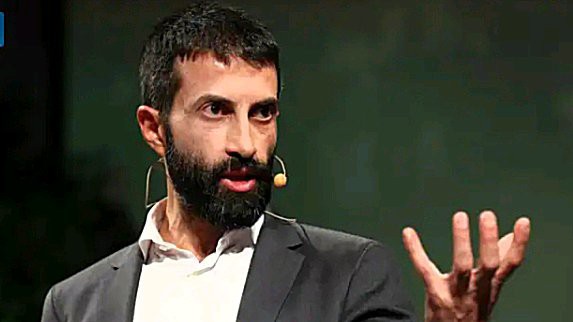Mosab Hassan Yousef, a prominent commentator on Middle Eastern affairs, has issued a stark warning on his verified Twitter account regarding the escalating conflict involving Hizbullah.
In a series of tweets, Yousef highlighted the grave dangers posed by Hizbullah’s actions and criticized the international community’s response.
Yousef pointed out that “Hizbullah’s indiscriminate and continuous targeting of civilians is going to lead to a regional war.” He emphasized that the United States’ hesitant response has emboldened Hizbullah and Iran, allowing them to escalate their offensive with little fear of repercussions. This has led to significant civilian displacement, with “80,000 Israeli civilians evacuated from the Northern border towns since Oct 7.”
Yousef expressed frustration with the United Nations, accusing the organization of being indifferent to the worsening situation. He also criticized the global focus on the Rafah border, calling it a distraction from the more urgent crisis at Israel’s northern border. “The hypocrite’s eyes are on the virtual model of Rafah ignoring a dire situation at the Northern border,” he tweeted.
In his tweets, Yousef questioned the absence of anti-war protests targeting Hizbullah, suggesting a bias in global activism. “Where are the anti-war protests against Hizbullah? Or do they only know how to function as anti-Israel?” he asked, highlighting what he sees as a double standard in international responses to the conflict.
Yousef warned of the broader implications of the conflict, stating, “This Islamic war against Israel could lead to WWIII if the world continues to play the double standard game.” He underscored the diverse composition of Northern Israel’s population, which includes Jews, Arabs, Druze, and Christians. He pointed out that many of the current victims are from the Druze community, citizens of Israel who are being caught in the crossfire.
His statements call for a more balanced and proactive approach from the international community to prevent further escalation. The potential for a regional war, and possibly a larger global conflict, hinges on how the world addresses the aggressive actions of Hizbullah and the responses of major powers like the United States….Seë_Morë

